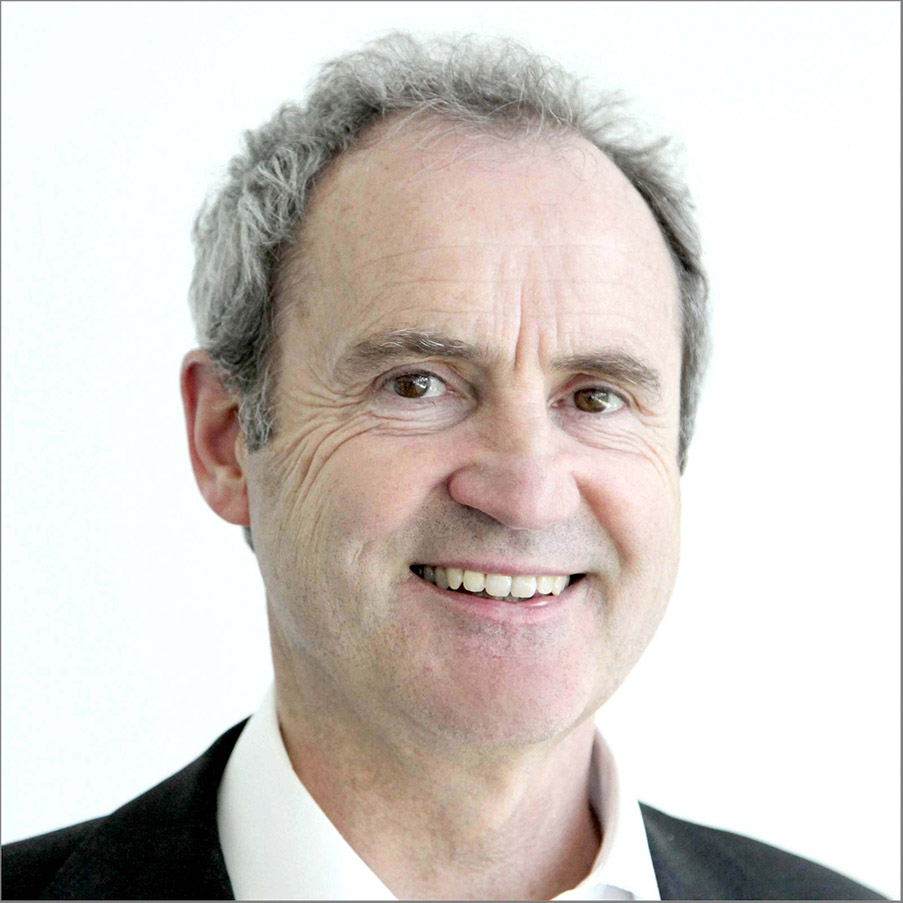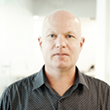Course instructors
Bige Tunçer
Bige Tunçer is an associate professor at Singapore University of Technology and Design. She leads the Informed Design Group, which focuses on data collection, information and knowledge modeling and visualization, for informed architectural and urban desig…
Estefania Tapias
Estefania Tapias is Postdoctoral fellow and Lecturer at the Chair of Information Architecture, ETH Zurich. Her research is focus on Information Cities and climate-sensitive urban planning. Estefania attained her doctoral degree at ETH Zurich and obtained …
Ina Homeier
Ina Homeier is an architect and has been working for the urban planning department of the City of Vienna since 1994. She was also responsible for land use and district planning (21st district) for several years. From 1998 to 2001 she worked at the Directo…
Kees Christiaanse
Kees Christiaanse is Professor of Architecture and Urban Design at the ETH Zürich. He studied architecture and urban planning at the TU Delft. From 1980 until 1989 he worked for the Office of Metropolitan Architecture (OMA) in Rotterdam, becoming a partne…
Kevin Schawinski
Kevin Schawinski (born 1981) is Professor of galaxy and black hole astrophysics at ETH Zurich and the co-founder of the Galaxy Zoo online citizen science project, which has engaged over half a million people in scientific research. His research focuses on…
Lai Choo Malone-Lee
Dr. Lai Choo Malone-Lee is Director of the Centre for Sustainable Asian Cities (CSAC) at the School of Design and Environment, National University of Singapore. She is a researcher on urban issues, with specific interest in urban sustainability, particula…
Markus Schläpfer
Markus Schläpfer is currently leading the Urban Complexity project at the ETH Future Cities Lab in Singapore. After receiving his PhD from ETH Zurich in Mechanical Engineering, he conducted postdoctoral fellowships at MIT's Senseable City Lab and at the S…
Gerhard Schmitt
Gerhard Schmitt is Professor of Information Architecture at ETH Zurich, leader of the ETH Future Cities Laboratory Simulation Platform, Founding Director of the Singapore-ETH Centre in Singapore, and ETH Zurich Senior Vice President for ETH Global. His re…
Stephen Cairns
Stephen Cairns completed his undergraduate degree in anthropology and classical studies at the University of Otago. He trained in architecture at the University of Auckland, and practiced as an architect in New Zealand, Australia and the Pacific, designin…









